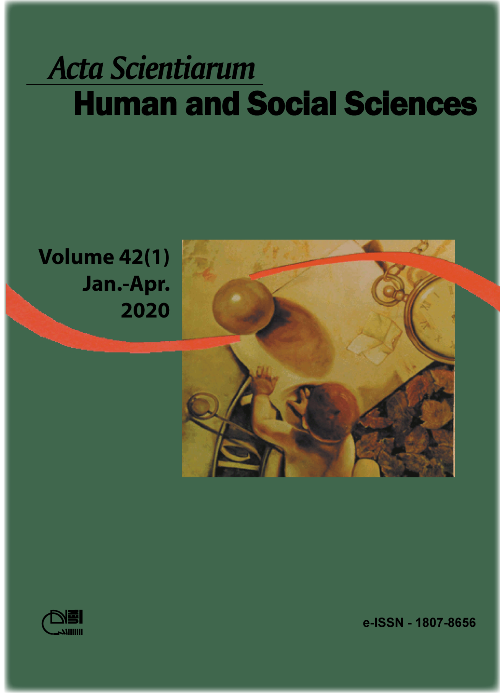Análise da sustentabilidade de cooperativas de materiais recicláveis selecionadas: alternativas para o tratamento de resíduos sólidos urbanos
Résumé
O presente artigo tem como objetivo a análise e comparação de três cooperativas de materiais recicláveis da região metropolitana de Maringá, estado do Paraná, no que se refere a evolução de quantidades, preços, receitas e remuneração dos cooperados. Justifica-se o objeto de estudo pela diminuição dos recursos naturais e descarte incorreto dos resíduos sólidos, o que tem preocupado os formuladores de políticas públicas. A reciclagem surgiu como um modelo que permite diminuir o consumo de recursos naturais, bem como diminuir a poluição. Os agentes ambientais têm se unido em cooperativas de reciclagem, através do trabalho cooperativo e utilizando os princípios da economia solidária, o que tem gerado renda para diversos cooperados, os quais participam do recolhimento, separação e comercialização desses materiais. Como principais resultados pode-se constatar que os custos se apresentaram crescentes no período, impulsionados sobretudo pelos custos variáveis; já as receitas, influenciadas diretamente pela quantidade de materiais separados e comercializados, bem como pelas horas trabalhadas, apresentou tendência estável. A participação do poder público via contratação dos serviços de separação e destinação dos resíduos sólidos das cooperativas contribuiu positivamente para o resultado financeiro, o que possibilitou uma maior renda auferida pelos cooperados.
Téléchargements
DECLARAÇÃO DE ORIGINALIDADE E DIREITOS AUTORAIS
Declaro que o presente artigo é original, não tendo sido submetido à publicação em qualquer outro periódico nacional ou internacional, quer seja em parte ou em sua totalidade.
Os direitos autorais pertencem exclusivamente aos autores. Os direitos de licenciamento utilizados pelo periódico é a licença Creative Commons Attribution 4.0 (CC BY 4.0): são permitidos o acompartilhamento (cópia e distribuição do material em qualqer meio ou formato) e adaptação (remix, transformação e criação de material a partir do conteúdo assim licenciado para quaisquer fins, inclusive comerciais.
Recomenda-se a leitura desse link para maiores informações sobre o tema: fornecimento de créditos e referências de forma correta, entre outros detalhes cruciais para uso adequado do material licenciado.


























